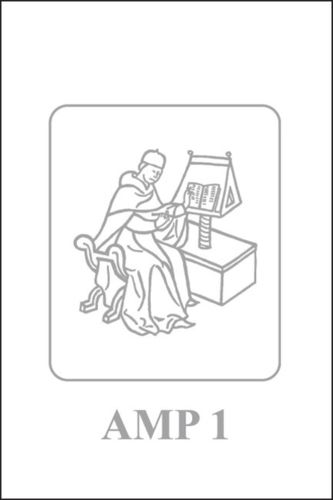Readings Newsletter
Become a Readings Member to make your shopping experience even easier.
Sign in or sign up for free!
You’re not far away from qualifying for FREE standard shipping within Australia
You’ve qualified for FREE standard shipping within Australia
The cart is loading…






One of the central issues in Plato’s philosophy is the question of how to account for the stability and unity of the seemingly unstable and ever changing world. How could we attain knowledge if there were no stable objects? And how could the world be what it is, if it were not grounded on stable principles? It is common knowledge that Plato answers both these questions, an epistemological and an ontological one, by his theory of the Forms. From an epistemological viewpoint, the Forms constitute the objects of true knowledge. They display the unity and the stability needed to ground solid knowledge. From an ontological point of view, they are the principles that underlie the order of the universe. Despite the enormous impact of the theory of the Forms, those who endorsed the theory had to cope with enormous difficulties. Plato himself was aware of the problems involved with the Forms, and severely criticises his own doctrine in the Parmenides , to the extent that it is still a matter of dispute whether or not the later Plato actually remained true to his convictions. This confronted Neo-Platonists with a dilemma: what about the role of sense perception in concept formation?
$9.00 standard shipping within Australia
FREE standard shipping within Australia for orders over $100.00
Express & International shipping calculated at checkout
One of the central issues in Plato’s philosophy is the question of how to account for the stability and unity of the seemingly unstable and ever changing world. How could we attain knowledge if there were no stable objects? And how could the world be what it is, if it were not grounded on stable principles? It is common knowledge that Plato answers both these questions, an epistemological and an ontological one, by his theory of the Forms. From an epistemological viewpoint, the Forms constitute the objects of true knowledge. They display the unity and the stability needed to ground solid knowledge. From an ontological point of view, they are the principles that underlie the order of the universe. Despite the enormous impact of the theory of the Forms, those who endorsed the theory had to cope with enormous difficulties. Plato himself was aware of the problems involved with the Forms, and severely criticises his own doctrine in the Parmenides , to the extent that it is still a matter of dispute whether or not the later Plato actually remained true to his convictions. This confronted Neo-Platonists with a dilemma: what about the role of sense perception in concept formation?